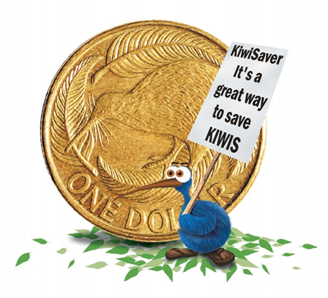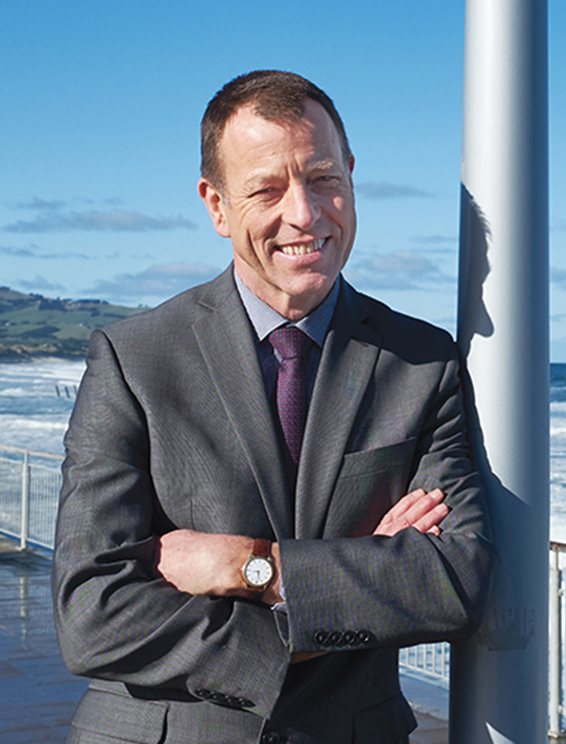NZ Funds’ market views
Global financial markets started 2020 on a positive note. The United States and China signed phase one of a trade agreement while European markets were positive following greater certainty around Brexit. These events removed some of the uncertainty within global financial markets and consequently share markets enjoyed a strong January and early February.
However, the start of this week has seen a sharp ‘risk off’ across share markets following a surge of coronavirus (COVID-19) cases in Italy, Iran and South Korea. Markets are repricing the risks of a potential spread to neighbouring countries.
We will not attempt to be ‘armchair epidemiologists’ but we can say events like this will create volatility. Our experience has shown that during periods when markets enjoy multi-year uptrends, pullbacks of 10% are not unusual and should be viewed as an opportunity rather than a cause for concern. For this reason, a further sell-off would not compromise our longer-term positive views on shares.
Portfolio positioning
Given our more positive view at the end of 2019 we increased our exposure to growth assets which has provided a good positive performance buffer for portfolios going into the start of this week.
Despite this increased exposure, we retain a modestly defensive position with a market beta of 95% which gives us some insulation from the volatility we are experiencing right now.
Over the last few days we have added a hedge to our growth assets which will provide some relief should credit conditions worsen.
NZ Funds’ left tail manager, Universa, seeks to profit from significant market declines and black swan events. Holding Universa in clients’ portfolios has the potential to generate a significant amount of cash during a greater than 20% downturn, which can then be used to buy assets at distressed prices. In our view, this is an ideal way to help compound clients’ wealth over the long term.
We think there is a good argument for geographic diversification and remain invested across the United States, Europe, Asia, Australia and New Zealand.
We have further increased our exposure to active managers who have strong track records of weathering financial market volatility.
Client positioning
Geopolitics will continue to heavily influence global markets. We continue to see an above-average number of cycle-altering and market-moving events transpiring over the near term. Increased tension in the Middle East, the United States election and COVID-19 are examples of such events.
Given the geopolitical uncertainty and nervousness around COVID-19, it is tempting to accumulate cash, postpone investing or pause a regular savings programme. Such decisions are likely to leave investors worse off over time.
It is extraordinarily difficult, if not impossible, to time markets. There are always ‘events’ which provide a reason not to invest. However, years out of the market can result in lower average returns than remaining invested and experiencing a downturn. We therefore recommend clients continue as usual as our investment approach will help to mitigate a downturn. At the same time, as in the past, any downturn should also be relatively short-lived and may provide opportunities.
James Grigor is Chief Investment Officer at New Zealand Funds Management Limited (NZ Funds). His comments are of a general nature, and he is not responsible for any loss that any reader may suffer from following it.







 Richard James (Chief Operating Director) of NZ Funds
Richard James (Chief Operating Director) of NZ Funds